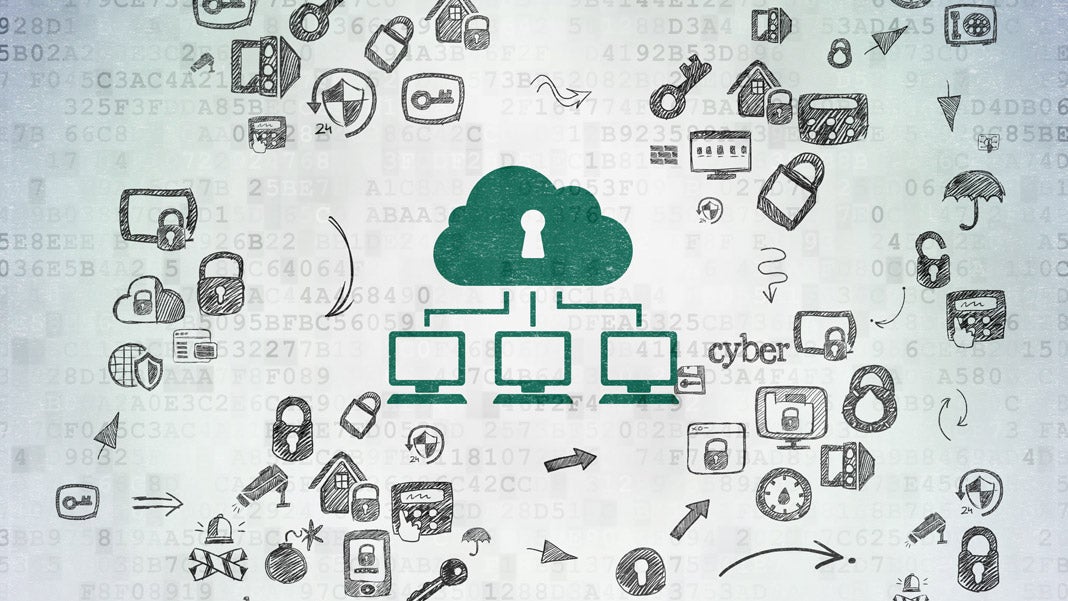
In the modern world where so much of business is conducted online, thieves no longer have to come in through the front door in order to rob your business blind. In fact, in many cases if the hackers are any good, you may not realize that you’ve been compromised for months.
Now is the time to take a closer look at your IT security. Do you know how vulnerable your business is to outside attack? How protected is your critical data—and your customer’s sensitive information, for that matter? IT security can be a complicated matter. In order to be effective, it needs to be addressed on multiple levels. There is no such thing as a turnkey “one size fits all” IT security solution.
Here are a few essential IT security solutions that will help keep your business assets safe from hackers, thieves and corporate spies.
Backup your system regularly
When hackers and thieves gain access to your information in order to steal it or simply commit mayhem, backups will minimize your down time and help you get back on track quickly. This is one advantage of using cloud based systems—you can perform backups easily and regularly.
Related Article: Protecting Your Small Business from Cyber Crime
Always have the most up-to-date versions of security software installed
New threats are being uncovered every day, so if your security software is out of date, you are leaving yourself vulnerable to attack. Ensure that your anti-spyware, anti-virus, and firewalls are all reliable and update to the latest versions as soon as they become available.
Scheduled maintenance and testing
As long as your IT staff is regularly performing maintenance and testing your systems, you are in the best position to be able to prevent breaches in your security. You’ll also be in a better position to respond quickly in the case of an attack.
Have emergency procedures in place
Have your IT staff run through every possible worst case scenario that could arise and then let them come up with procedures for dealing with each one. In the event of a minor breach or a full blown crisis, you will be prepared. You’ll suffer minimum losses of productivity while protecting your data.
Establish clear policies regarding passwords
Even though password security is near the top of every IT security consultant’s list of issues to be concerned about, the most popular password continues to be “password.” Put into place a company policy concerning minimum password standards. For example, require strong passwords that use a combination of letters, numbers, and other characters. Additionally, require different passwords for different systems for each user.
Monitor email threats
A surprising number of threats are still transmitted via email. The easiest way to accidentally avoid opening an email with a virus attached is to use an excellent anti-virus software. Beyond that employees should use a viewing pane when checking their email. If something looks suspicious, trash it.
Set your priorities
You need to know where each of your business assets fit into the overall security picture. Each asset will need a different level of protection based on how critical they are to operations and how sensitive the data they contain is.
Educate your staff
Educating your staff on how to maintain the integrity of your systems and how best to make IT security a part of their normal day-to-day routine could prevent an IT crisis. Being proactive and keeping security top-of-mind is only sensible approach to keeping your business safe from attackers.
It’s unlikely that any company will ever be able to get rid of every security threat—there are just too many. But that is no reason not to implement strong preventive and protective measures.
Author: Marleen Anderson is a digital marketer working at Saxons IT Solutions, providing IT support and management services for Australian businesses.
3085 Views












